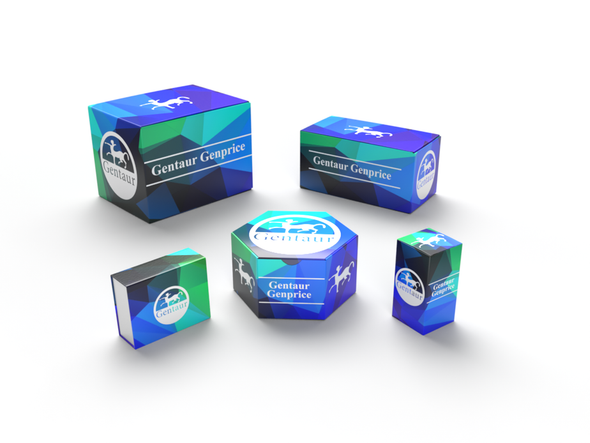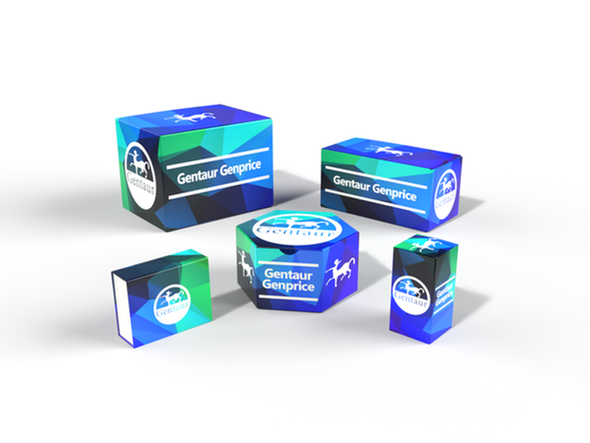Description
BTG1 polyclonal Antibody | BS8155 | Gentaur UK, US & Europe Distribution
Host: Rabbit
Reactivity: Human,Mouse,Rat
Application: WB IF
Application Range: WB: 1:500~1:2000 IF: 1:50~1:200
Background: B cell translocation gene proteins, also designated BTG-1–4, are members of a novel anti-proliferative gene family and play a role in transcription regulation. BTG genes are considered immediate early genes whose expression is induced in response to mitogenic as well as differentiative and antiproliferative factors. Expression of BTG1 is maximal in the G0/G1 phases of the cell cycle and is downregulated when cells progress through G1. BTG2 is a p53 inducible, anti-proliferative protein that regulates the G1/S transition of the cell cycle. BTG2 expression increases in response to DNA damage, cell differentiation, cell quiescence, cell contact and as part of a positive feedback mechanism in response to growth stimulation. High levels of BTG2 are present in kidney proximal tubules, lung alveolar bronchial epithelium, and the basal cell layer of prostate acini. BTG1 and BTG2 both contain LXXLL motifs, referred to as nuclear receptor boxes, which are involved in the regulation of ER-mediated activation. Human BTG3 protein is abundantly expressed in testis, prostate, ovary, thymus and lung.
Storage & Stability: Store at 4°C short term. Aliquot and store at -20°C long term. Avoid freeze-thaw cycles.
Specificity: BTG1 polyclonal Antibody detects endogenous levels of BTG1 protein.
Molecular Weight: ~ 19 kDa
Note: For research use only, not for use in diagnostic procedure.
Alternative Names: Protein BTG1; B-cell translocation gene 1 protein; BTG1
Immunogen: Recombinant full length Human BTG1.
Conjugate: Unconjugated
Modification: Unmodification
Purification & Purity: The Antibody was affinity-purified from rabbit antiserum by affinity-chromatography using epitope-specific immunogen and the purity is > 95% (by SDS-PAGE) .
Pathway:






